Twitter was hastily subjected to a ‘temporary ban’ in Nigeria almost two weeks ago (on 5th June) that shows no sign of being lifted, despite the significant collateral damage being done to a swathe of small and medium businesses that depend on the social media platform to drive revenue. The ban seems to have been enacted in response to the deletion of a controversial tweet by the Nigerian President that broke Twitter’s terms of use.
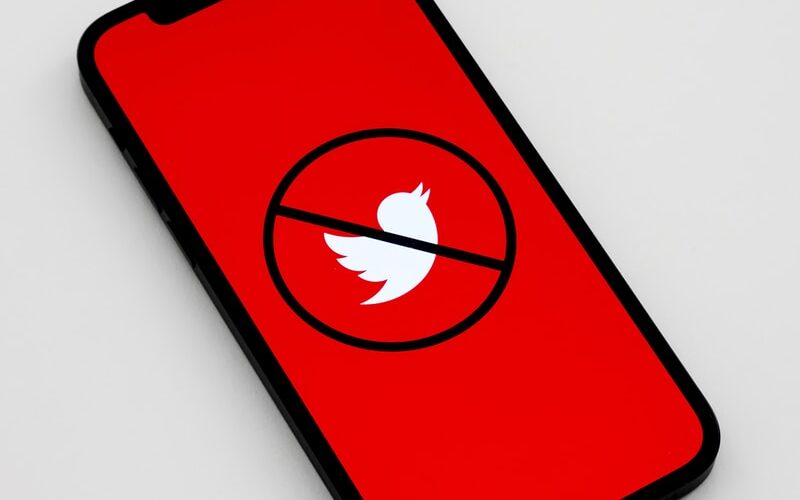
Meanwhile in India, Twitter is being accused by the government of deliberate non-compliance with sweeping new regulations that police social media. Social media companies must now erase content that authorities deem unlawful, comply with government takedown orders, help with police investigations and identify the originators of “mischievous information.” Social media companies now face legal action and their employees risk prison time if they refuse to comply with the takedown directives.
So what
The lack of governance and accountability over social media platforms such as Twitter has been a serious concern over the last five years. However the moves in Nigeria and India seem to be using this legitimate concern as a pretext for suppressing inconvenient dissent, and exerting control over social media in a way that erodes citizens’ rights of expression. For example, Twitter has been directed to take down several tweets criticising the Indian government response to the pandemic. When seen in conjunction with events in Nigeria, government manipulation of the online sphere, posing as governance, risks becoming a growing trend.
Sources
-
 Nigeria’s Twitter Ban Is Another Sign Dictatorship Is Back https://foreignpolicy.com/2021/06/07/nigeria-twitter-ban-dictatorship/
Nigeria’s Twitter Ban Is Another Sign Dictatorship Is Back https://foreignpolicy.com/2021/06/07/nigeria-twitter-ban-dictatorship/ - https://www.reuters.com/technology/nigerias-twitter-ban-leaves-some-businesses-lurch-2021-06-14/
-
 India says Twitter knowingly not complying with local laws https://apnews.com/article/india-data-privacy-health-coronavirus-pandemic-technology-cbb9df1b45736d35923f0611f091d347
India says Twitter knowingly not complying with local laws https://apnews.com/article/india-data-privacy-health-coronavirus-pandemic-technology-cbb9df1b45736d35923f0611f091d347
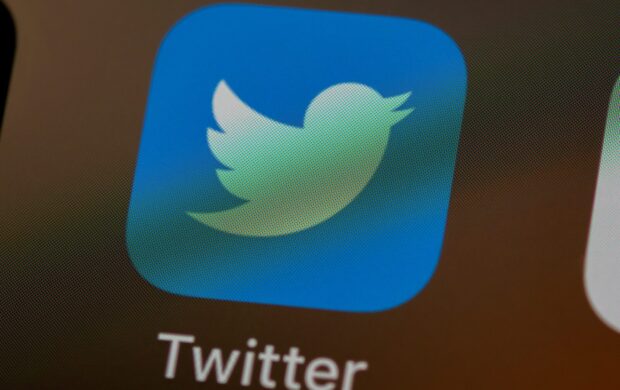

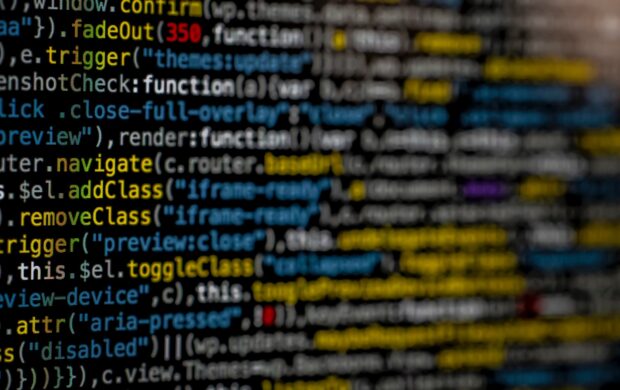

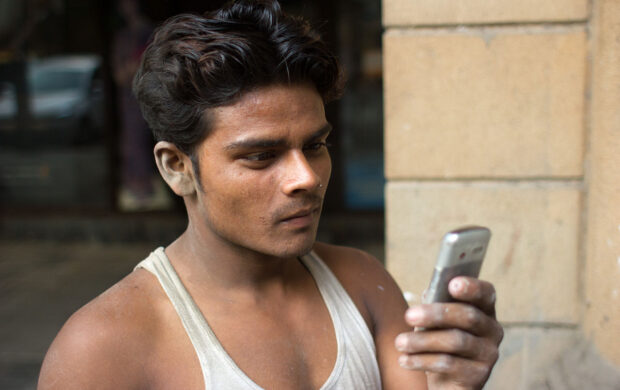
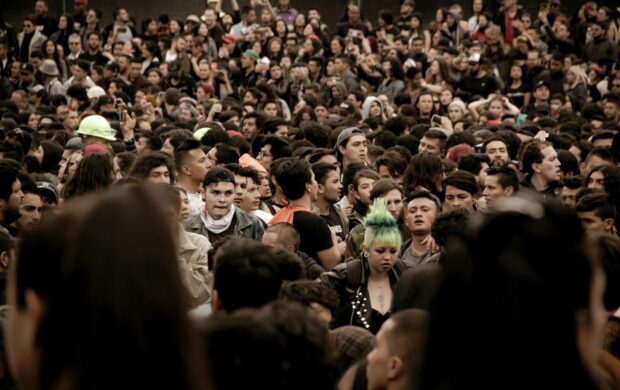


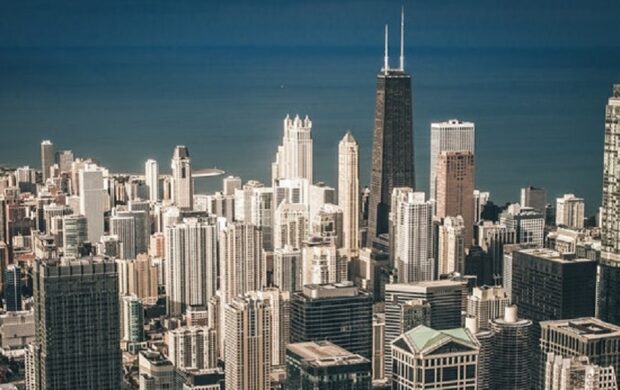
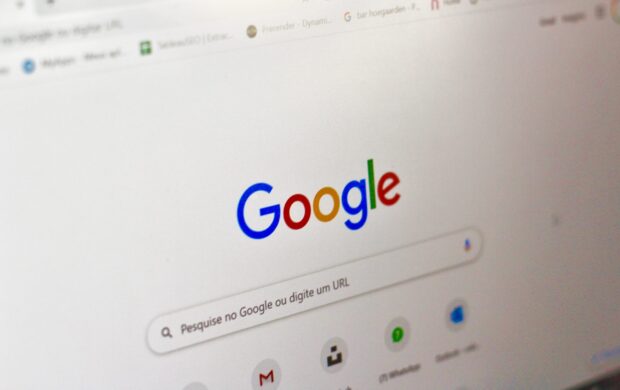


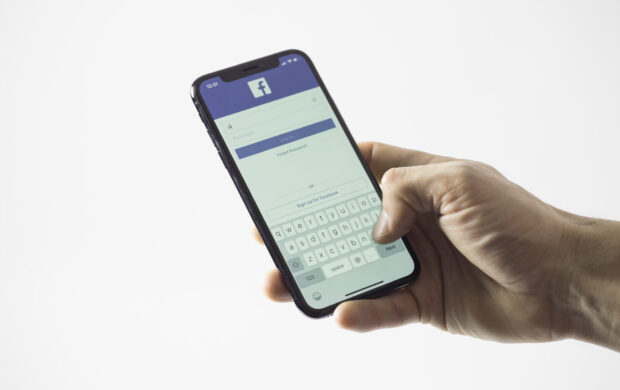


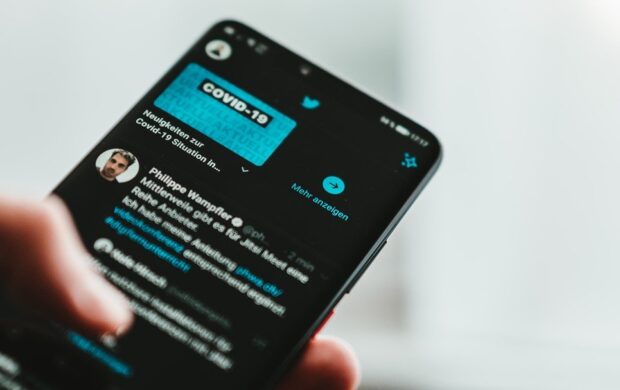




The action in India is also due to the selective action that gets taken by Twitter in the country. Twitter’s non compliance has its own biases and devoid of transparency. I would definitely not sum it up as “government manipulation of the online sphere, posing as governance”, rather as private companies regulating online content to suit their own biases, which citizens are able to comprehend and ask for action from their elected governments.